First Blog of the New Year:
Redefining our relationship with judgment.
Rising above petty, shallow judgment, and lead with an understanding of our selves; to use better judgment, of what we will allow or do not. Judgment of our wants for boundaries and standards, so no this blog is not going to be a justified reason to judge a book by its cover. However, it will grant a space between words unread to ourselves, or rereading words on our pages. To discover, why we justify petty and shallow judgment instead of feeling confident in our want for boundaries and standards, standing strong in our wants and needs.
Instead of clinging to the judgment of others that doesn’t help or leave us feeling good in the long run. In the time of making resolutions based on aesthetic frustrations or unmet expectations from the previous year– it’s time to revolutionize our relationship with judgment as a society. We have heard we can not change others only ourselves, but first need to change how we judge.
Leading with understanding first is a personal code.
Which helps me standby a decision without feeling like it was easy, shallow, judgment to make–
a preventative for possible regret.

“Don’t Judge…”
Saw a post on Instagram from a therapist. Discussing, how toxic positivity created a mass following of an unhealthy relationship with the word, “judge”.
Being judged daily by a dog – ahem fur princess– for the last 8 years, I agree.
Judgment utilizes courts to proclaim innocence or guilt; judgment labels people as sinners or saints.
Yet easy and quick judgment is more often used by society to hide fears.
What are the two types of Judgement?
There are two types of judgments; judgments that are discriminating, and judgments that are evaluative.
Judgments that are discriminating (i.e. I prefer X over Y) reflect personal preferences and subjective opinions.
In courts, there is plenty of judgment before the case begins.
Society no longer waits to hear how one can be innocent, we just look at crime, background, and the possible “wrecked future, they just need a second chance” or “shouldn’t have done that, this is what they deserve.” In many religions, quick judgment is used to cast good/bad, sinner/saint, over a “new believer” based on the religious books. Gone are the days, of people understanding the backstory and how much power it has over decisions. Nope, now it is the time of expectations of good decisions.
Peacekeeping and following the letter of law and cherry-picked propaganda commandments to feed into the expectation of people in society to fit molds, accepted judgment. Accepted and expected positive footprints in the path of “ought”.
There is no space for understanding the guilty sinner.
Let alone time for stopping and ask ourselves,
“What am I afraid of? Being compared to them? Being judged with them?”
“How can you say to your brother, ‘Let me take the speck out of your eye,’ when all the time there is a plank in your own eye?
You hypocrite, first take the plank out of your own eye, and then you will see clearly to remove the speck from your brother’s eye.” –Matthew 1:4-5
Instead of in our way of being justified Karens and Tuckers of others, we pause.
Stop listening to passed-down judgments. To quickly judge to stay within our comfort zones of ignoring fears and wants, for being worried of being labeled and judged ourselves all while being told and repeating, “don’t judge a book by a cover.” However, the full quote is
“Never judge someone by the way he looks or a book, by the way, it’s covered;
for inside those tattered pages, there’s a lot to be discovered.”
Now maybe I am biased being told often “you can’t just go off instinct alone.” Being forced to understand what my instinct was observing and reacting to, might be the reason why I felt called to write this blog, first.
Sassy newsflash: one can not be mystified at someone’s observations skills, JUST, to tell them “don’t judge”. When they are merely saying, they are not 100% vibing with energy.
The idea is then planted that is better to go against their knowledge. They learn the hard way to listen, to their own “judgment”.

“Outfits don’t define your character, your behavior does. Great achievements are born, not from fancy suits, but from great minds.
And great minds do not need suits to feel and look important.
Only the shallow look at outfits, but the wise knows to look beyond.
Look at the person beyond the outfit.”
― Abhijit Naskar
So no, don’t look an outfit and judge a book by the cover.
Nor just look at the company a man keeps without looking at the location of the situation– you can’t be mad at an alcoholic sitting with fellow alcoholics at an AAA meeting.
Listen to the narrative.
Read to understand the pages of the story, how you would want to be understood not judged.
Ask questions, put yourself in the shoes of others without the knowledge of knowing better.
Then listen to your instinct.
At the risk of sounding like a cryptic tarot read, ask yourself, “what does a yes feel like? What does a no?”
The self-righteous scream judgments against others to hide the noise of skeletons dancing in their own closets. – John Mark Green.
All this chatter brings me to explain when one judges without understanding yourself or others;
one only projects their fears, insecurities, unspoken needs, and judgment onto their own life.
When one begins to stop the cue for dancing skeletons and takes them out one by one,
the knee jerk of a Charleston to judge…
starts to become a form of peace in the shape of boundaries and standards.
A: “Well, I just think homeless people should stop
being so lazy and go get a job already.”
B: “Wow, I’llremember that if you ever lose your job
and struggle to find a new one. Judge not, lest ye be judged.”
Or whatever it says in the bible.
Religion paired with toxic positive paired with misinformed political and health posts…
make us all sinners, judges, and an unhealthily biased jury.
As part of beginning to unpack our layers and relationship with judgment,
we first have to ask ourselves and be HONEST of how and when we judge without understanding already.

Do we judge a slow clerk at the grocery store?
Do we judge our kids when they don’t act the exact way we do or don’t clearly communicate our expectations?
Do we judge every person who drinks, or just the ones we think had one too many?
Do we judge a person over what they do with their bodies?
Do we judge and compare sunsets?
Do we judge ourselves through the same lens as we judge others?
Why? Why Not?
I’ll be honest.
I don’t judge the grocery clerk or my barista.
I do feel flustered when our pups decide to act like they have no training when treats are in giving hands.
It’s not my intention to judge and compare sunsets.
Yet I do catch myself being let down from a sunset I was hoping would be epic.
In those moments it has to be a conscious effort to not compare or be lost in disappointing thoughts.
Now for the tea: I did use to judge people for their choices over their bodies.
After getting tired of feeling uselessly bitter over,
so I began to research more deeply than just requoting cherry-picked scripture…
Found that abortions were in the bible, administered by priests at the request of husbands, link.
Following that discovery, I stumbled upon the fact:
the bible had been paid to be mistranslated.
Used to read, “thou shall not lie with a boy.”
Shocking, I know. Curious? Here is a good link.
Not to forget:
if one eats bacon,
twist the word of God, while not adhering to one own standard with justifying not…
well, that is just plain hypocritical.

“Do not judge by appearances, but judge with right judgment.” John 7:24 ESV
Now when one asks themselves after taking away justified quick, shallow, judgment
(be it religion, judgmental memes, passed down bitterness)–
why does one feel safe in passing accepted and justified judgment?
Yet not pausing for a moment to reflect how one feels around someone,
and make personal boundaries.
Not use quick judgment to hide, and not listen to our wants and needs.
That’s what the post by the therapist talked about in multiple slides.
Society has become accustomed to hearing “don’t judge a book.”
“Don’t judge a book” has become don’t talk about the real reason, the real feelings.
If it is not easily accepted or socially justified judgment, “just don’t judge.”
When one takes a fraction of a title, and judges through justification, it is often taken for merit.
Yet if someone starts reading pages and goes “
I don’t have space for this ____” suddenly that is judging in unacceptable ways.
It’s like saying, “I’m against abortion so we can’t be friends.”
Nope, that is widely accepted.
It’s like saying, “I don’t jive with their vibe, so I am just keeping my distance.”
Suddenly, that’s judgy and unapproved.
Without a full statement of blame, people of society rarely lead with understanding.
In a time of reality tv and social media allowing quick finger-pointing, and accepted judgment-filled commentary,
hearing a judgment call based on emotional space is not accepted.
Yet telling people “Oh I would never, do _____” and “Oh we wouldn’t be friends with that CRAZY behavior”
is perfectly acceptable, tone and all.
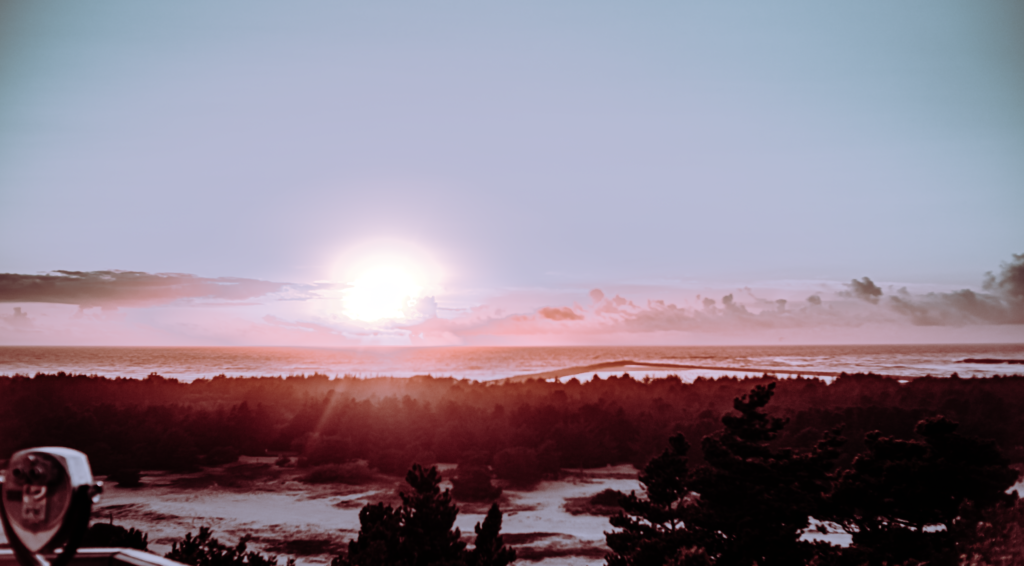
Society has taught us to either accept a reason that can be applauded or judged easily.
If a recovering/recovered addict says,
“I don’t hang out in situations that resembled what tempted me before.”
Oh, the applause and the respect and the “good jobs” are loud.
What’s the religious saying?
“Hate (judge) the sin, love the sinner.”
So the recovering/recovered addict,
hates/judges the lifestyle and loves themselves enough to use better.
The crowd either waits for the recovered/recovering
to revert or judge the fact they even were not right
to begin with so the crowd can cheer and say “at least they are better now.”
Society easily understands this analogy
while teaching to fear judgment from fixing or setting boundaries that aren’t extreme.
Instead of teaching the freedom, that is gained from both releasing and being released.
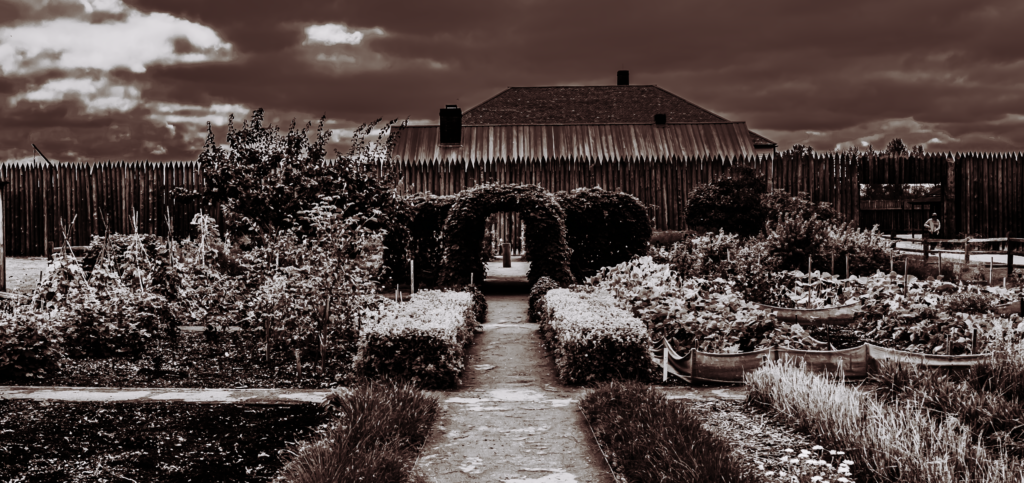
“I set boundaries not to offend you but to respect myself.”
It sucks, both letting go and being let go.
If boundaries and standards across the board, were like those used while dating, society would be better off.
Instead of telling someone who is not interested,
“just try harder” or “just look the other way”
when one mentions their “no no no” instinct,
society has taught us to be encouraging to listen to one’s instincts.
It’s not met with shame or judgment unless it is the projection of what someone else tolerates,
for their reasons.
From swiping to un-swiping on a dating app, there is a respect of understanding
that we don’t want to settle in our romantic relationship for our entire lives.
Yet this is lost on other relationships.
Hollywood writers have set this precedent
that no matter your family or friendships get unlimited passes
as long as there is a cool-down period, and good talk.
Hollywood writers have also in the reverse set a precedent that this is settling for romantic relationships.
There is no shame or judgment attached to wanting better for self.
There is an expectation to know what you want and act on it,
and not settle for less.
So what’s the difference between judgment and discernment?
Judgment says “You are bad so I don’t love you.”
Discernment says “I love you and choose to set boundaries to limit my exposure to you.”
Judgment closes the heart. Discernment allows it to stay wide open but protected with clear boundaries.
That’s the point of this blog–
take away the society-approved judgments
and build a stronger sense of what serves you better, disconcertment in a way.
Take away the measure of success, the likes/follows, how much income, approved aesthetics.
Replace all of that with a better self-judgment of how we feel in the company of others.
And not in the sense that all marketers act like it is,
not by telling people what we think they want to hear,
for them to buy or do things we like.
That is called a manipulation.
Remove the knee-jerk reactions to judge based on religious cherry-picked quotes,
harsh memes from society, and the gimmick that fancier things make one better,
or that keeping the company of what is easily approved is bragging rights for “connections.”

“Don’t Judge, let fear teach instead.”
Fear, Egotistical, Emotional, what is the root behind one’s judgment of others?
Fear isn’t the issue, fear root is to protect us, however, it is how we use fear that can be the root behind quick judgment.
If one is passing judgment over tattooed people,
do they fear being strapped down to a table and being tattooed against will?
Fear what others will think of the company one keeps if the company is covered in tattooed skin?
Did another tattooed person leave a bad taste of tattooed people?
The point is to take any surface “cover” of the judgment of others and read our pages
as to why we judge others to begin with.
What is the cover of judgment hiding from thyself? Type of fear? Why?
Are there unmet needs? Why is quick judgment needed, what will happen without it?
Typically outward judgments of others are projections of one’s fears of looking like a jester in court.
Now add in the ease to judge from social media, it only amps up fear.
People judge others to avoid reckoning with potential feelings of inferiority and shame.
Since judging others can never give a person what they really need, they feel like they have to keep doing it.
One can choose not to perpetuate the cycle of judgment.
Appearances we keep are the funhouse mirrors that disguise shallow and petty judgments, as “safeguards.”
Yet in reality, keep us from reading our pages of unmet needs and fears to create actual healthy boundaries and standards without self-shame
– due to fear of judging ourselves harshly for wanting our needs met.
It is overdue for individuals to read their pages without being taught shame and judgment;
lead with understanding and curiosity over our own needs.
Same needs that fuel judging others and the fear of being judged by others.
What’s being hidden by the fear of being judged by others?
It’s time to leave the fear of warped reflection we paint through accepted and promoted judgment… and explore the real us.
Without the world’s perception of what we ought to, but rather what we want.
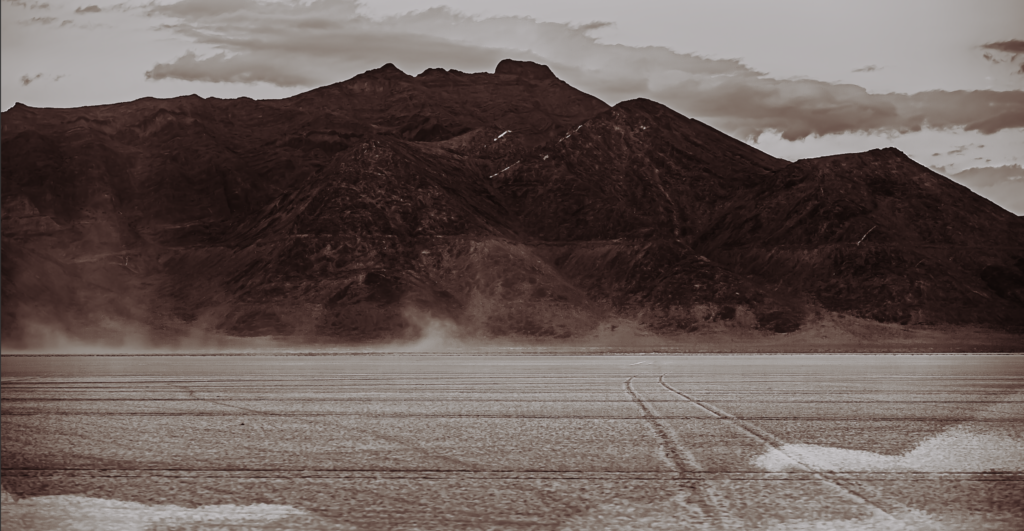
What’s behind our choice of religion, politics, lifestyle?
This is all connected to our want of a village.
The fear of being judged as not relatable enough to be worthy of the company we each want to keep.
Paired with “don’t judge” equating to not listening to our wants.
Those”what if” fears, of daring to voice aloud our inner fears.
What judgment awaits us, due to how others are judged in society for going after what they want or speaking on their needs.
Telling ourselves justifications like “oh they tolerate bad of me, so I should tolerate because I do not want to be judged.”
Instead of just going where we celebrate and are celebrated.
No, we compromise and say things
“I don’t agree with everything the ___ (church, political party, lifestyle) and I’ll defend it all,
with this same line when I feel judged for it.”
The next thing we say is, “it’s not that bad.”
Followed by “they just don’t understand.”
Finally, we have formed ourselves to things we didn’t entirely like just lay claim to a connection of company.
Appearances we keep are the funhouse mirrors that disguise shallow and petty judgments, as “safeguards.”
Yet in reality, keep us from reading our own pages of unmet needs and fears
to create actual healthy boundaries and standards without self-shame–
due to fear of judging ourselves harshly for wanting our needs met.
So take away the court that we keep, just let each of us become knee-deep in the good read between our pages,
as to best learn why we knee jerk react to quickly judge…
so that we can build better judgment of selves, form stronger comfort in disconcertment, so we can standby our “judgment calls”
without shaming ourselves or accepting shame from others.
Including times it seems like an understanding nature is taken for granted;
noticed growth by recognizing how relationships or situations no longer bring you peace, comfort, or joy.
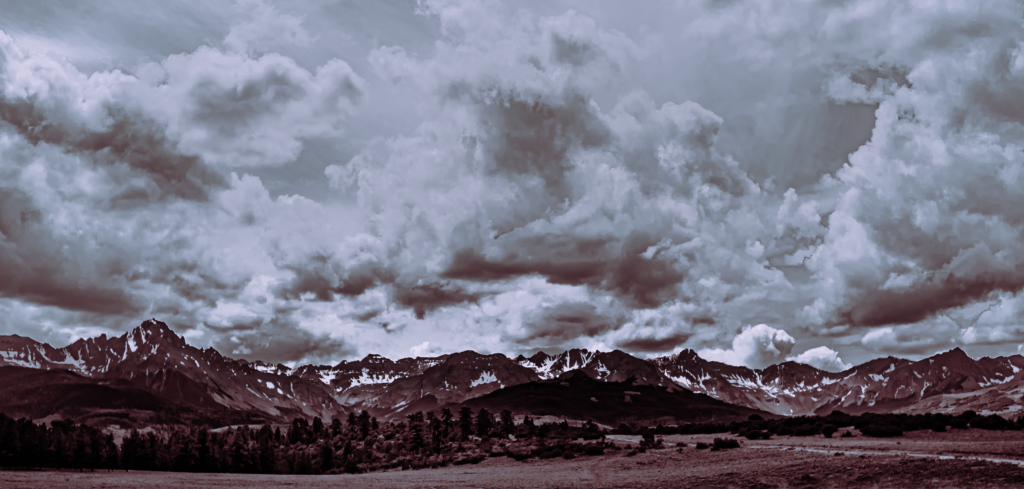
And just like that, I hope that in the new year,
we as a society don’t judge others
as much as it has become accepted and justified.
Maybe that starts with realizing it is not the word judgment but rather how we use it.
Our lives, painted by what we each accept, allow, and make exceptions for.
Judge carefully without allowing fear controlling power;
understand without excusing, or justifying;
no exceptions that lead to complaints,
paired with the hope of not being judged ourselves.
This is one resolution, not easily attained without a little (better) judgment from ourselves over our own needs.
We all struggle with how we want to be perceived and dislike to hear things that go against our vision because we fear judgment.
Only in times of learning the difference between fear meant to protect ourselves and fear that feeds into things we don’t want to happen,
do we as individuals understand ourselves as well as understand others.
This always prevents judgment, not hurt.
This is about not using hurt to justify quick and shallow judgment, rather instead choosing to develop disconcertment.
Then from there, making boundaries and standards that benefit us and others we keep close.
Judge our wants, to make decisions that come with peace and not shame.
Till next week, and maybe a part 2 of my journey with this mentality.

Like what you read? Read the previous buzz, here.
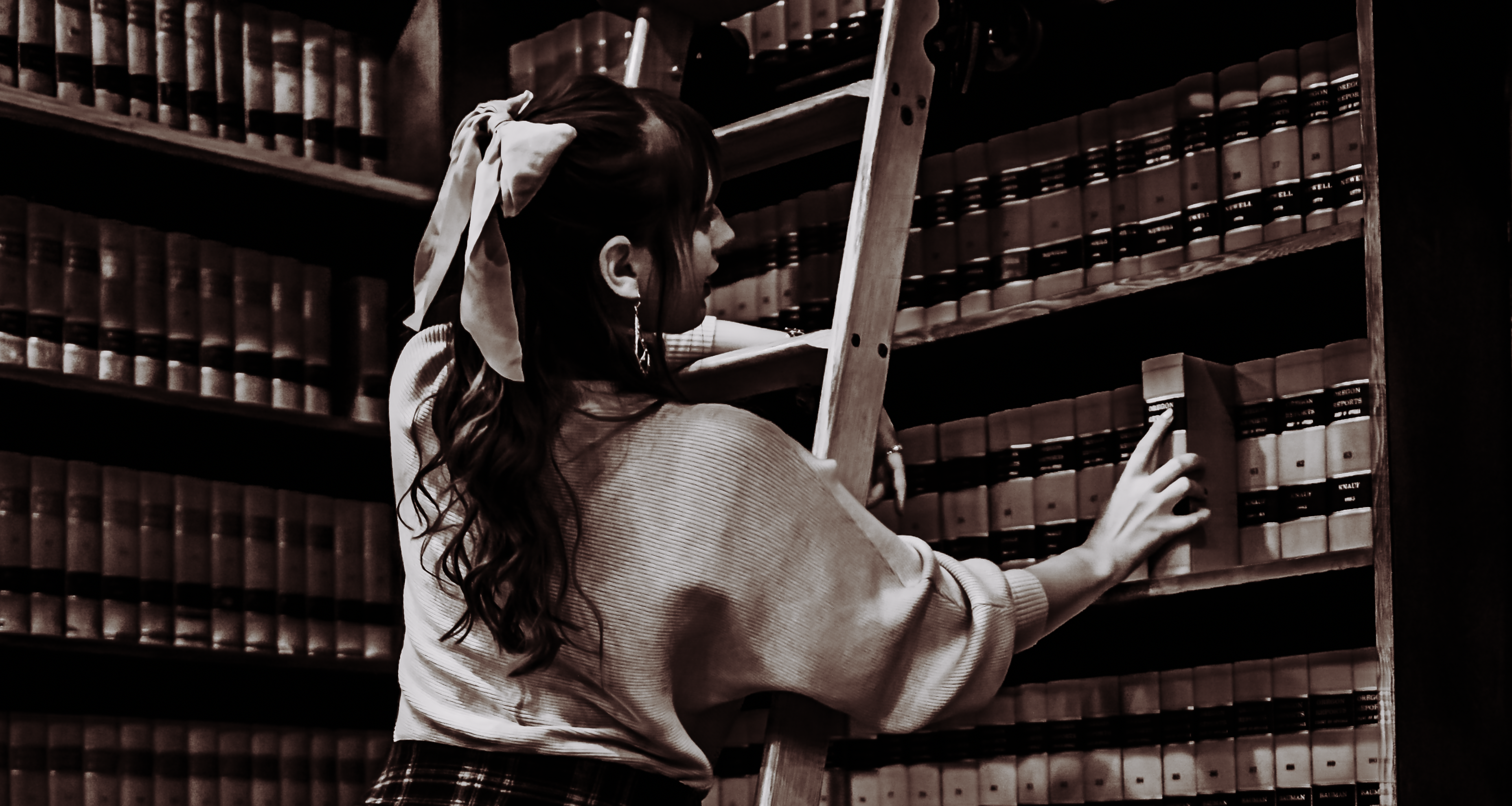
LEAVE A COMMENT
Comments